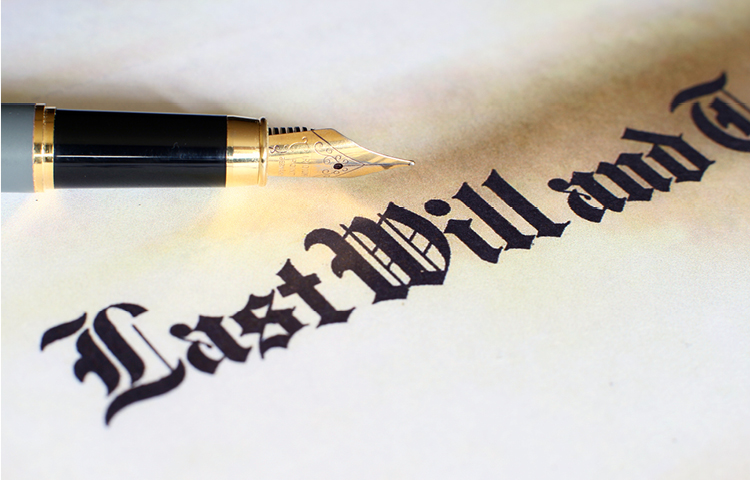
In this blog, we explore the sensitive topic of how to challenge a will.
A will is a legal document setting out how a person’s assets are distributed following their death. Even now, wills are governed by strict formalities which date back to the Wills Act of 1837 and it is always sensible to instruct a reputable firm of solicitors to ensure a will does not fall foul of these. A well drafted will is a great comfort to the will-maker, and generally speaking, ensures that everything happens after their death as they wish it to.
Regrettably, however, there may be times when it is necessary to challenge a will – in court if need be.
There are several grounds on which a will might be challenged. These include:-
Here, the person making the will did not have the mental capacity to understand what they were doing when they made the will.
This is sometimes considered as an alternative doctrine to lack of capacity, although it overlaps with other doctrines, too. Here, the will-maker has sufficient capacity to make a will, but does not understand the full implications of the will which was prepared for them.
Here, the will-maker is coerced or pressured into making a will which does not represent their true wishes. Almost invariably, the influencer forces the will-maker to make a will that benefits them or their family.
This doctrine is often overlooked in will disputes. Put simply it is ‘one step below’ undue influence and is sometimes characterized as a whispering campaign – or a steady drip of poisonous allegations made by the influencer, who seeks by these means to induce a suggestible will-maker into making a will that favours them.
Here, the will being put forward is not a genuine document, has been altered in some way or the witness signatures have been forged.
In this instance, there is an error in drafting of the will which needs to be corrected. Applications to court for rectification need to be made promptly. Rectification cases are interesting, because again, they point to the benefit of instructing a reputable firm of solicitors in the first place, so as to avoid costly errors, and should there be an error, giving the client a remedy in negligence.
If you believe that one or more of these circumstances apply to a will that concerns you, you may be able to challenge its validity. Generally, it is advisable to seek legal advice in good time, before the estate’s assets have been called in and distributed in accordance with the contested will.
The first step in challenging a will is to seek advice from a specialist solicitor who can assess the circumstances surrounding the will and provide guidance on the likelihood of success in a legal challenge. They will advise you on the procedural requirements of challenging a will, including time limits, any required documents and specific evidence.
If the dispute cannot be settled by discussion or negotiation, the solicitor will file the appropriate proceedings at court and manage your claim until it is settled or decided at trial.
The court proceedings will set out the grounds for challenging the will and notify the executor and beneficiaries that a challenge is being made. The executor and beneficiaries will respond to the court proceedings, setting out any counterarguments and evidence in support of the validity of the will.
Ultimately, the court will hold a hearing and if the judge finds the will to be invalid, the court will determine how the estate will be administered and its assets distributed. This might be according to the rules of intestacy or in accordance with any previous will that the court deems to be valid.
If the will is found to be valid, then the assets will be distributed according to its terms.
Challenging a will can be a daunting process with cost implications. Hibberts LLP have an experienced contentious probate team and will dispute solicitors who can assess risk, rationalise, support and advise you through every step of the process.